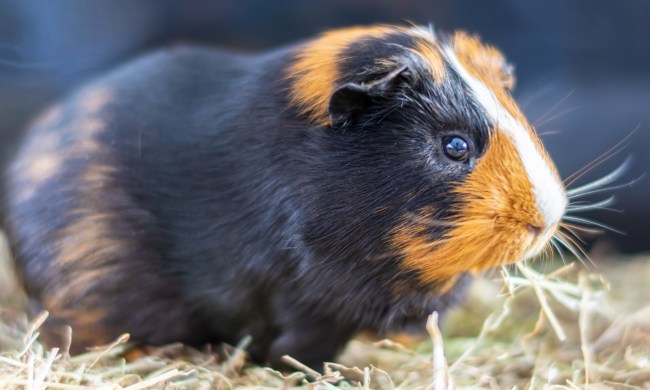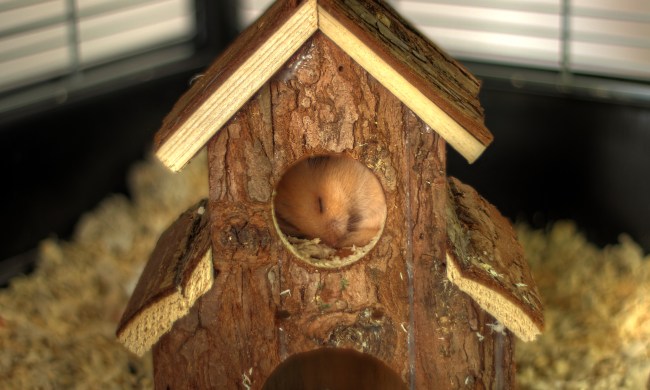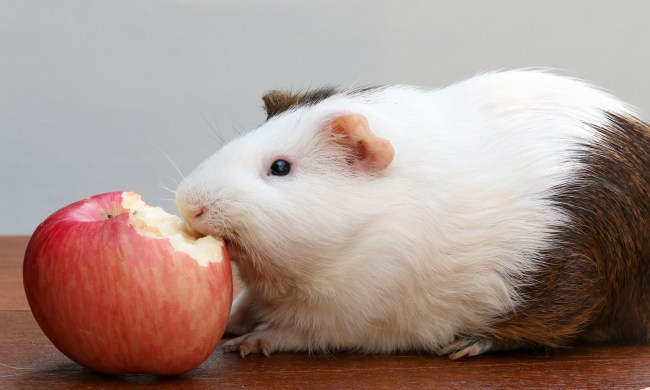We understand small pets work great for kids and anyone starting out in animal ownership. But it can be tricky to determine which kind of little mammal to get if you don’t have experience with them. After all, how much do you really know about the differences between a hamster, a guinea pig, a gerbil, and a chinchilla? While some things will definitely stay true no matter which one you choose (they take more work than you think), you should get a good idea of what pet will fit within your household before bringing her home. Looking to stay on the smaller end? That narrows it down already. It’s gerbil vs. hamster if you don’t want to get something too big. Think through these points to figure out which one will be right for you.
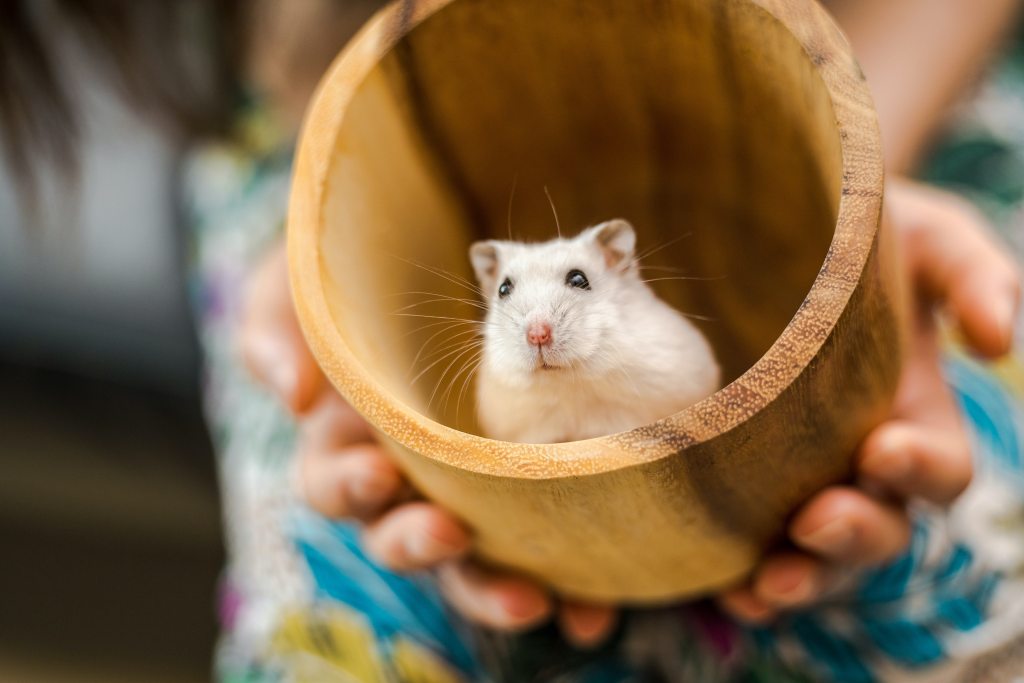
Gerbils sleep at night, so they won’t keep you up
While a gerbil will sync up to your sleep schedule quickly, hamsters have a more difficult time. Because hamsters are nocturnal, they will stay up much of the night, even if you work on some of the training methods to keep them better attuned to your activities. With gerbils as pets, though, you already have a diurnal companion who will love playing during the day when you want to hang out. If you do land on a hamster anyway, make sure you still find time to engage; just set aside rodent recess for the evening when you’ll both be in the mood.
Hamsters want to live alone
Most hamsters are big-time loners — they don’t want to bunk up with their own kind because they get so territorial. Instead, they’ll enjoy playtime when it’s with you. So if you want to get one of these, you should prepare for a best friend, since no one else can hang out with her. Gerbils, on the other hand, need to live as same-sex pairs or in extra-small groups. While you get the benefit of a small colony that can keep its own company, more animals mean more mouths to feed. Oh, and also more mess.
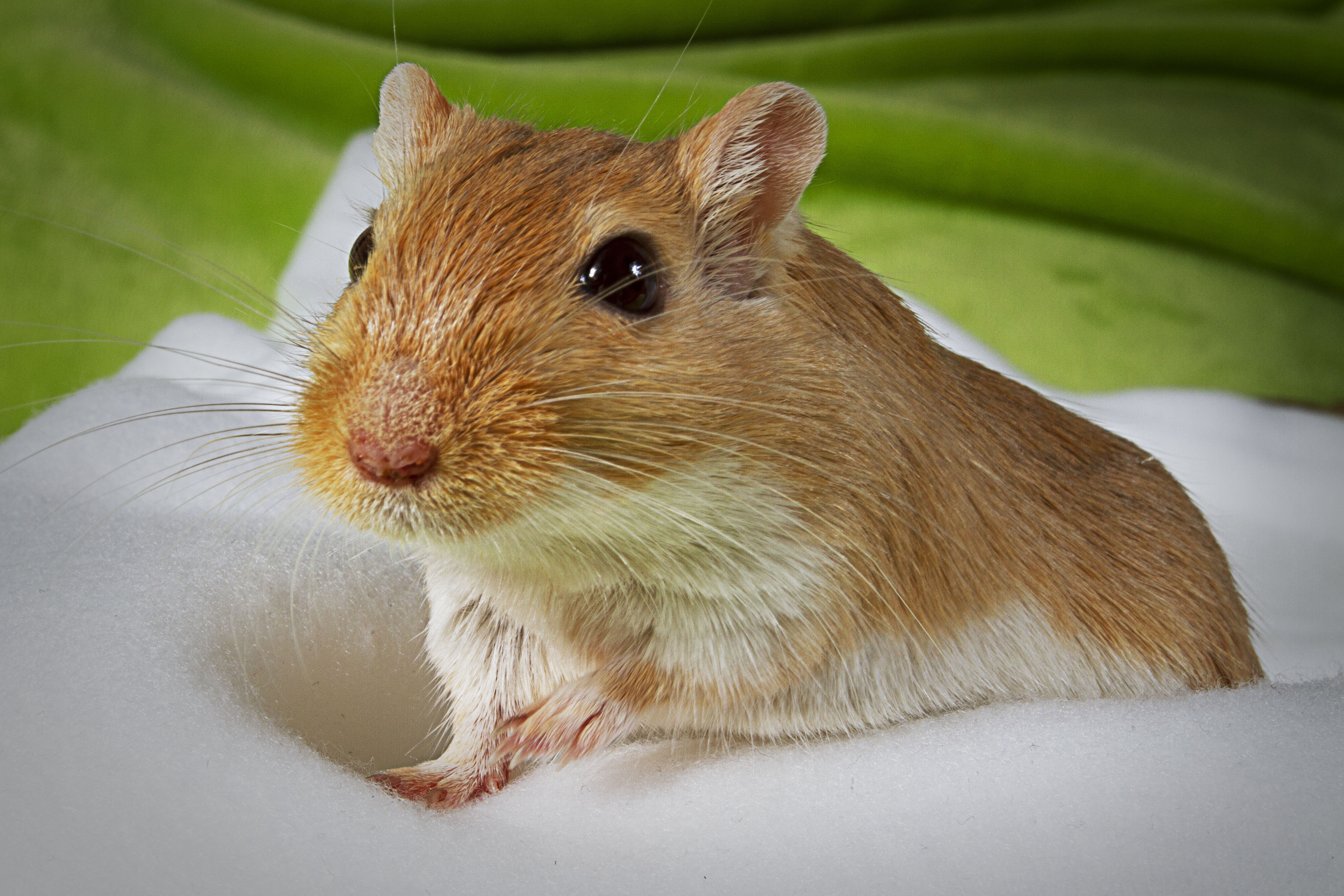
You’ll probably have your gerbil longer
None of these animals will live as long as a dog or cat and certainly won’t stick around for a century like some reptiles. Expect the average pet rodent to spend about two to three years with you, give or take. Gerbils, however, tend to have a slightly longer life span, so add that as a check for their column. Remember, all these pets still require a commitment even if it seems like just a couple of years. And the thrill of taking care of them can wear off in a few months with many years of cage cleanings to go (especially for little kids).
Gerbils are generally smaller (but that might not mean what you think)
When we think of hamsters, we are mostly talking about Syrian hamsters, which grow up to 7 inches. Gerbils come in at around 4 inches, so they typically will be smaller. That doesn’t take into account dwarf hamsters, though, the tiniest of all, who measure just 2 inches. Don’t think that small hands mean you should select a small critter. It can actually make it more difficult to hold onto, and, therefore, a slipperier pet who may fall easily. It seems backward, but if you have tiny humans running around, stick with the much heftier Syrian.
Hamsters use a smaller cage
OK, we just established that hamsters win on size, why then do they need less space? Basically, gerbils love to burrow, even more than the rest of the rodent crew. So, all these species will need large areas, but gerbils need an extra-deep tank so they have somewhere to climb down to. Remember, too, that you can’t ever have just one gerbil on her own; you’ll need a small group to exist together in the habitat. Honestly, bigger is better here if you can afford more space in your home for them to run around, no matter what type of animal you land on.
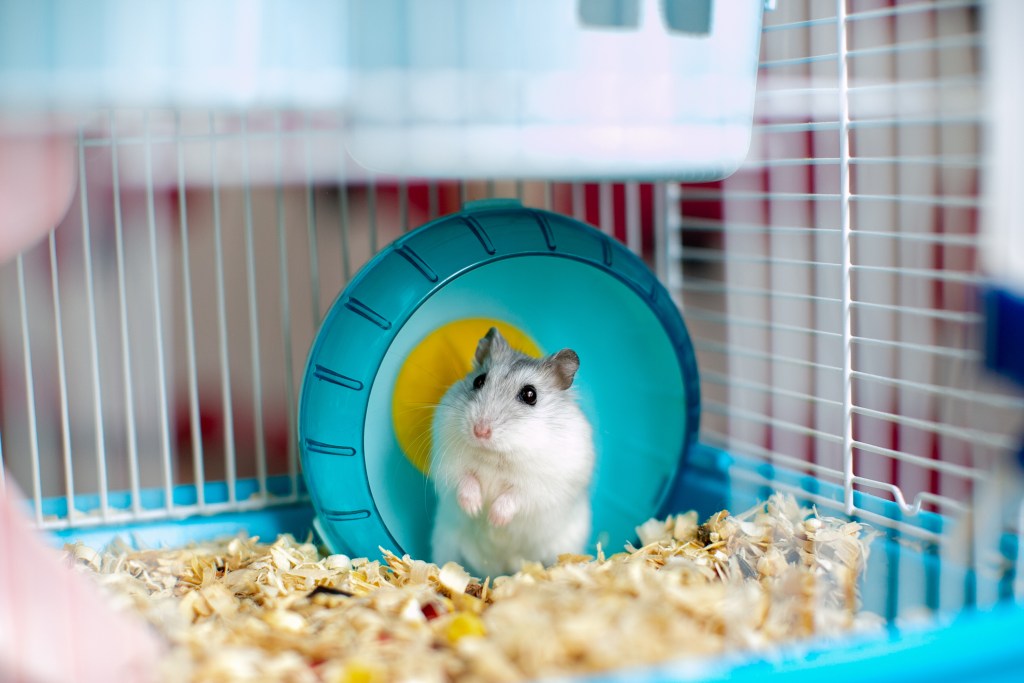
Both need lots of exercise
A big cage is really important, but your new pet has a lot of energy despite her diminutive size. Get a good wheel for her to play with regardless of what you’re up to. You’ll need to pay attention to her as well. It’s good to have an area where you can take your hamster or pair of gerbils out for some recreation, somewhere safe where she won’t get free or lost. Keep plenty of toys and games around to entertain you both and mix things up frequently. Both of these creatures are smart and need to be stimulated physically and mentally.
Ultimately, only you (and your family members) can decide which of these adorable small pets will fit with your lifestyle. You have a few factors to consider, but you can also get some hands-on experience by visiting with someone’s pet or checking one out at a pet store. You may throw your pros and cons list out the window when you first see cute little black eyes looking back at you and know you’ve found the right one.

